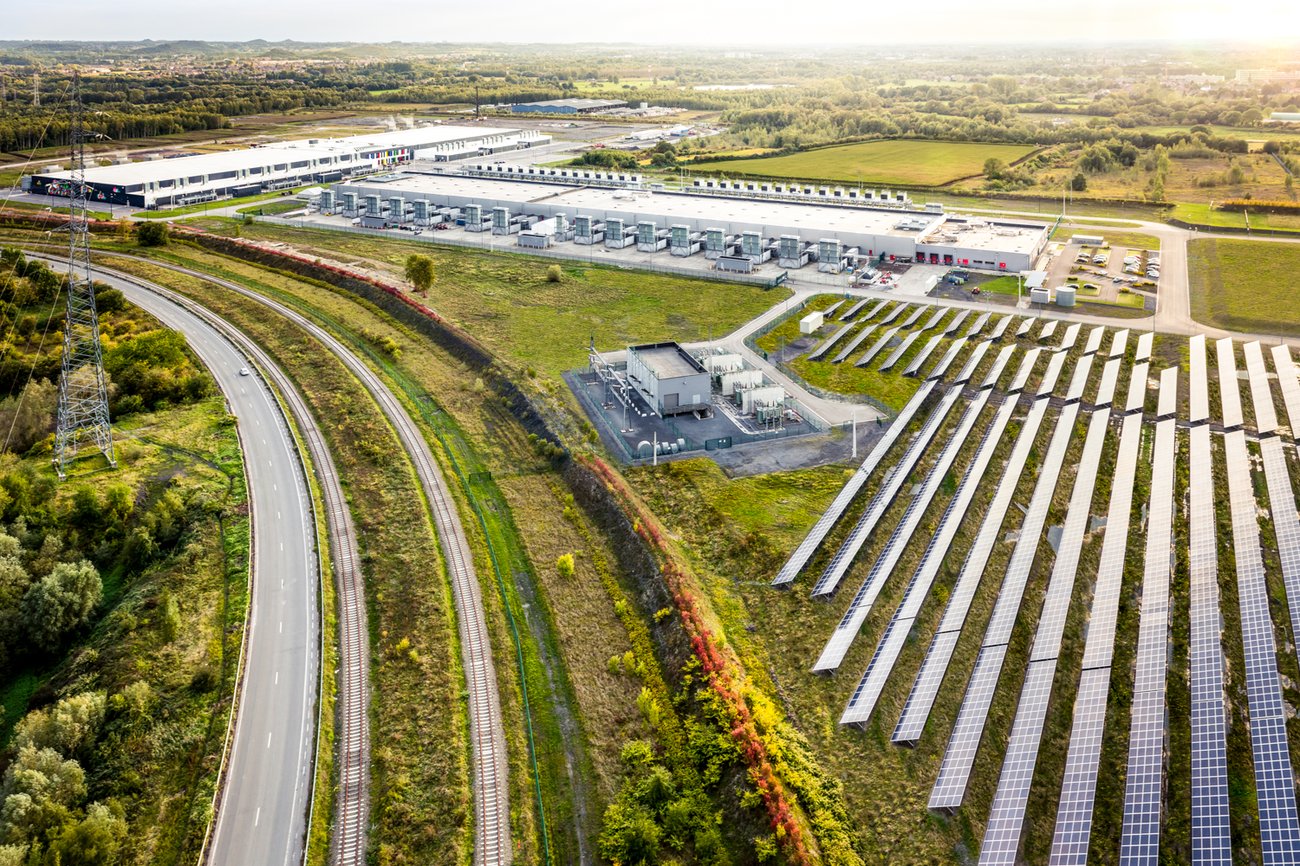Leveraging AI to Achieve Europe’s Climate Objectives

The European Union’s Path to Carbon Neutrality by 2050
The European Union (EU) is striving to achieve carbon neutrality by the year 2050. This ambitious goal aims not only to combat climate change but also to enhance competitiveness and productivity within the region. Recently, a policy roadmap titled "The AI Opportunity for Europe’s Climate Goals" was released, detailing the potential role of artificial intelligence (AI) in helping the EU meet these dual objectives.
The Role of AI in Reducing Carbon Footprints
Research indicates that AI technology has the potential to reduce global greenhouse gas (GHG) emissions by 5 to 10% by 2030. This reduction is equivalent to the total annual emissions produced by the European Union. Moreover, advancements in generative AI alone could contribute an impressive €1.2 trillion to Europe’s economy over the next decade. One of the methods through which these benefits could be realized is through improved efficiency in large structures. For instance, implementing AI can lead to a 20-40% reduction in energy consumption in sizable buildings.
Recommendations for Policymakers
To harness the advantages of AI in climate action, it’s essential for EU policymakers to adopt a comprehensive approach consisting of three key strategies:
1. Enable the Infrastructure for AI
For AI to effectively contribute to climate goals, foundational infrastructure is crucial. Policymakers can:
- Ensure the availability of high-quality data for training AI models.
- Invest in technological infrastructure that supports AI development.
- Foster talent by creating educational and training programs focused on AI technologies.
2. Deploy AI through Collaborative Efforts
The collaboration between public and private sectors is critical to the successful implementation of AI-based solutions. By working together, stakeholders can:
- Utilize AI for environmental progress tracking across sectors.
- Enhance preparedness and response strategies for natural disasters using AI tools.
- Develop comprehensive strategies for integrating AI into sectors like energy, industry, transport, and agriculture throughout EU nations.
3. Guide AI Development with Clear Policies
Policymakers play a vital role in steering the development and deployment of AI technologies. Their efforts can include:
- Establishing regulations that promote the decarbonization of data centers.
- Reforming energy markets to ensure they work harmoniously with AI initiatives.
- Advocating for transparency in AI systems to mitigate potential risks and ensure accountability.
Maximizing AI Benefits
AI emerges as an essential instrument for the EU’s goals of decarbonization, economic competitiveness, resilience, and security. Improved access to quality data, the development of robust infrastructures, skill enhancement, and responsible AI implementation will collectively maximize the benefits that AI can bring to Europe.
Enhanced AI capabilities not only present a significant opportunity to address environmental challenges but also to energize the economy. The possibility of AI driving structural efficiency improvements across various industries signifies a transformative potential that goes hand in hand with the EU’s climate ambitions.
For further details and comprehensive insights into these recommendations, interested parties can refer to the complete report titled "The AI Opportunity for Europe’s Climate Goals."





